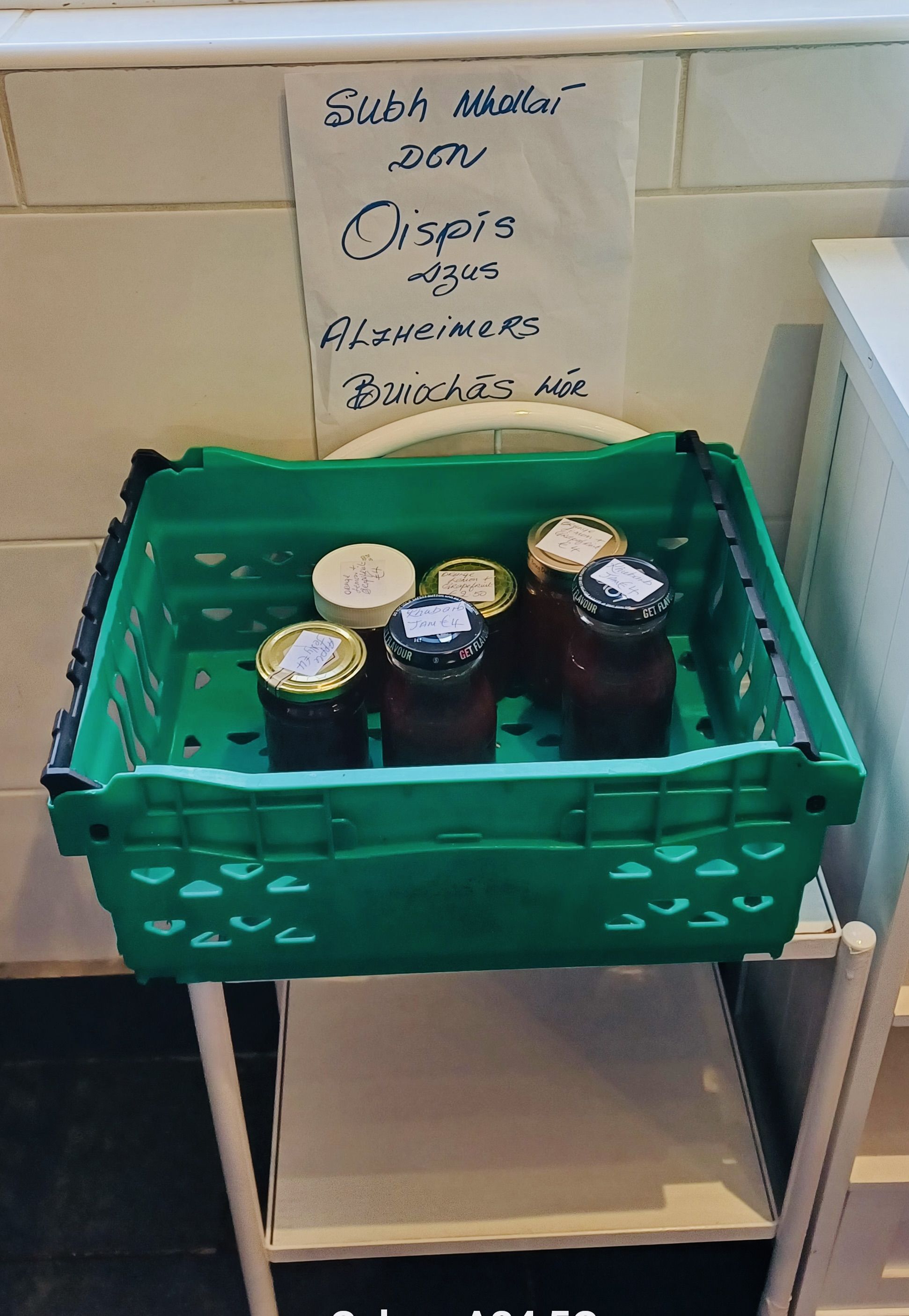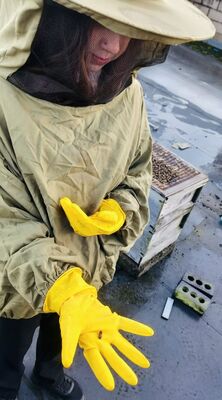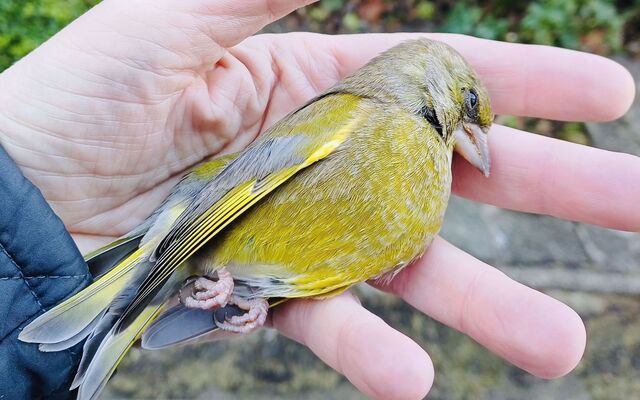A REPORT this week says land and water in the North can no longer bear the pressure that is being applied to them. And the main cause of this pressure is agriculture.
It’s not that agriculture should stop, of course, but that the continuous drive to get more from the land is doing untold damage that might be irreversible and will rob future generations of nature. In fact, the Office of Environmental Protection report even says that our agri-food industry is simply unsustainable. It must change.
Dúlra can safely say that it is changing – to being even more effective. Even as you read this, more hedgerows around Belfast are being pulled out and land is being drained to be turned into pristine green fields for sheep or silage. It’s shortsighted to encourage farmers to maximise profits when it inevitably means obliterating nature.
It’s not just the big-ticket items that have vanished – the birds of prey – but perhaps even more alarmingly biodiversity at a micro level. 54 per cent of mosses here have disappeared since 1970, 35 per cent of farmland bird species have declined since 1996. A quarter of Irish birds are at risk of extinction – and this at a time when we should be focusing on replacing the birds, like eagles and red kites, that our recent ancestors extinguished.
One thing in particular represents for Dúlra how the countryside around Belfast has been depleted in the last 20 years: hedgerows. Ireland was once famous for its hedgerows, which provide valuable corridors for wildlife and host countless nesting birds. When Dúlra started writing this column, he used to report every autumn on whether it was a good season for ‘haws’, the fruit of the hawthorn tree, the most common hedgerow species.
A bountiful year was great news for our birds in winter – both resident and migrant – because it would see them through safely to spring. Today, there’s no 'haw' news to report, because all our hawthorn hedges have been either dug out or cut so low that they don’t have any berries. The migrant thrushes that for hundreds of years travelled here from Europe to feed on those berries now fly on through; for them, our once rich land is a desert.
Hedgerows might work as field borders for cows, but not for sheep which can slip through them. So all around Belfast, sheep farmers have been digging out hedgerows and replacing them with wire fences. With each lost hedgerow scores more farmland birds disappear.
The other aspect of the decline of nature locally that always strikes Dúlra is much less conspicuous – the humble frog. When Dúlra used to march through muddy fields all around Dundrod and Hannahstown, frogs would jump around his waterboots. Today, those same fields have been drained for agriculture. Some are being drained now, even in the week of the report.
So it seems that yet another report warns us of the crisis unfolding, but the evidence before our eyes tells us that it’s business as usual.
• Dúlra has to thank Mollaí, the magical maker of fantastic jams who does it all for charity.
It was during a visit to Donegal a few weeks back that he happened on her produce in the butcher’s shop with the best view in the world, Búisteoirí Mhic Geidigh overlooking the spectacular Machaire Uí Rabhartaigh beach.
A wee basket in a corner of the shop displayed her produce – with a lovely handwritten message in this totally Irish speaking community that proceeds would go the Hospice and Alzheimer's. And while we were in Mac Geidigh’s butchers, the diminutive Mollaí herself called in to restock the basket, quickly thanking butcher Mícheál in Irish for his help before going on her way, perhaps to distribute her jams to other shops. One jar in particular drew Dúlra’s attention – rhubarb. Dúlra’s mother used to make rhubarb jam from stalks grown in the back garden. She’d stew it up with sugar for hours in a big pot and we used to scoop spoonfuls of the jam onto toast before bedtime.
And so Dúlra happily paid the €4 for Mollaí’s rhubarb jam that had just been freshly made. Back in Belfast, he opened it up – and memories of childhood came flooding back as he spread it on his toast. Go raibh maith agat Mollaí – both Dúlra and indeed the Hospice are indebted to you.
* If you’ve seen or photographed anything interesting, or have any nature questions, you can text Dúlra on 07801 414804.







